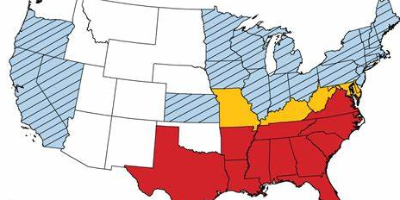1 jan 1863 ano - Southern economic struggles
Descrição:
Davis- said he liked states' rights but got worried about the war (built and operated government-owned shipyards, armories, foundries, and textile mills; commandeered food and scarce raw materials such as coal, iron, copper, and lead; set prices; requisitioned enslaved men to work on fortifications, and directly controlled foreign trade)War costs- Confederate Congress didn't like Davis's taxes and refused. The gov couldn't;t pay for the war with taxes so they borrowed a lot. ppl got scared to loan money when the war started swaying to the Union. They paid through printing money, which led to spectacular inflation. (many refused to accept the printed money from confederate troops, who would then rob them)(army supply officers seized goods and payed in worthless IOUs)
Impressment of slaves (borrowing slaves)- planters didn't want to lend their slaves (afraid they would flee to Union lines) so they kept their slaves.
poor whites struggled with one-tenth tax, stealing of food
"Facing a public that feared strong government and high taxation, the Confederacy could sustain the war effort only by seizing its citizens’ property — including some of its enslaved workforce." Civilian life-harder, yet military had plenty of weapons
Adicionado na linha do tempo:
Data:
1 jan 1863 ano
Agora
~ 162 years ago
